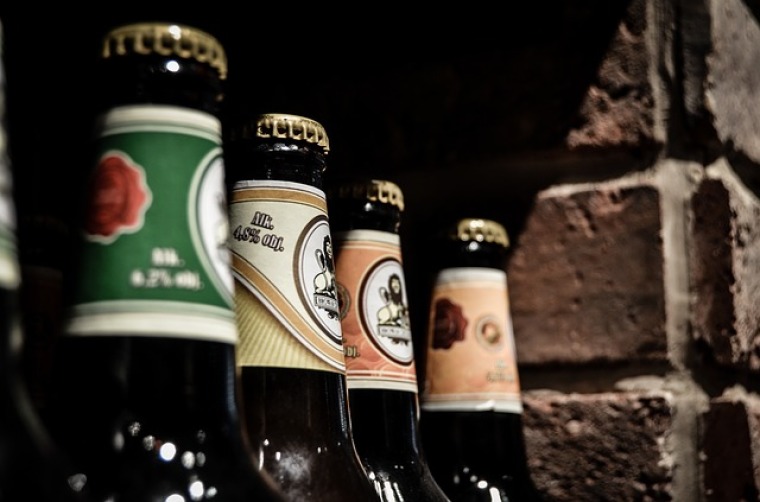

Australia's National Alliance of Action on Alcohol (NAAA), representative of over 70 organisations, announced the results of its National Alcohol Policy Scorecard on Thursday, with the NSW government emerging as the 'most improved' contender, according to a listing introduced in 2013 as a way to provide a running assessment of alcohol policy across the country.
NAAA spokesperson, Foundation for Alcohol Research and Education Chief Executive, Michael Thorn, explained the Alliance's decision in a press release:
"... NSW is on the right track when it comes to the prevention and reduction of the State's heavy alcohol toll ... NSW improved alcohol policy score reflects the strong action taken by the Government ... and a community campaign led by medical, public health and law enforcement organisations".
Mr Thorn used data to illustrate his statement, as the state manages "66 assaults, 28 emergency department presentations, 142 hospitalisations and three deaths" on a daily basis as a result of alcohol consumption. He also used the death of Daniel Christie as a significant time-marker, as the NAAA observed the implementation of beneficial changes by the state government afterward.
Mr Christie died in January 2014 after being struck by a punch to the face on New Year's Eve in an alcohol-related incident in the inner-city suburb of King's Cross. Mr Christie was monitored in a coma for just under two weeks before the life support was turned off.
However, Professor Mike Daube, Co-Chair of the NAAA and Public Health Association of Australia alcohol spokesperson, expressed his disappointment with the overall results of the scorecard. Professor Daube pointed out that the majority of jurisdictions received a score below 50 per cent, while the Federal Government received the annual "Fizzers" award for the second year running.
Professor Daube explained that the "Fizzers" award "reflects the lack of action and deep funding cuts in a number of key alcohol policy areas". The Federal Government received a 9-per cent score on the national scorecard, which represented a 20-per cent reduction from the previous year.
The NAAA identified three priority areas for future policy-based action: alcohol pricing and taxation, alcohol marketing and promotion, and alcohol availability. Education and information were also mentioned as important complementary tools.